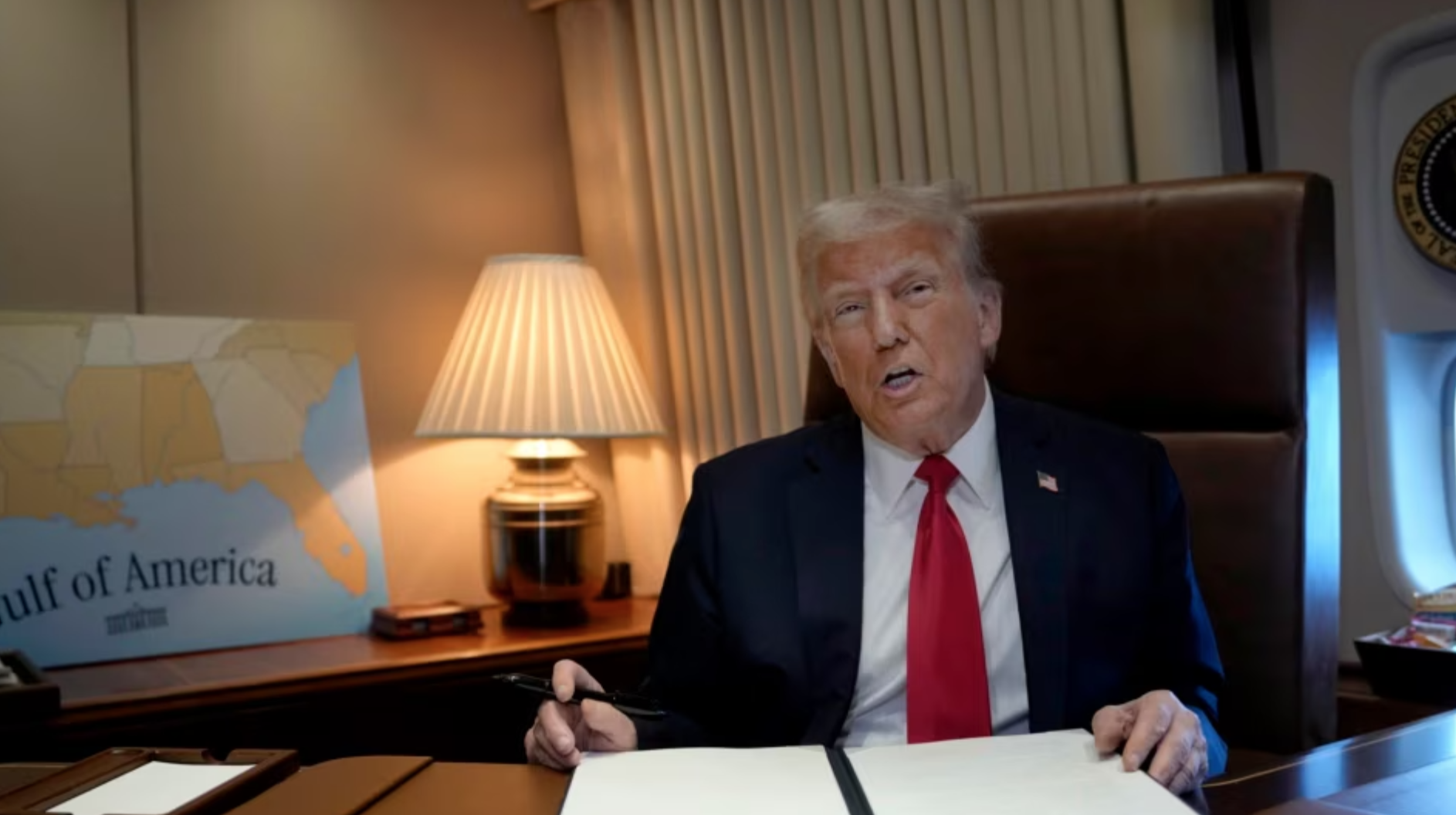Photo: Depositphotos
The war in Ukraine is not only a story about the resilience and courage of Ukrainians, but also about the unseen but crucial support of allies. As an extensive investigation by The Times has shown, it was the UK that played a much bigger role in confronting Russia than was commonly believed.
This story focuses on British military and political figures who, even before the full-scale invasion, worked to ensure that Ukraine was ready for war. Former Minister of Defence Ben Wallace was nicknamed in Kyiv “the man who saved Kyiv”. And one of the directions of the spring offensive in 2023 was even codenamed “Wallace”.
The British military was the first to not only supply Ukraine with NLAW anti-tank missiles back in February 2022, but also to send instructors to Kyiv to train Ukrainian soldiers.
When the time came for the spring offensive in 2023, it was the UK that played a key role in planning operations and coordinating the Allied effort. Admiral Sir Tony Radakin, Generals Sir Roly Walker, Sir Jim Hockenhall and others regularly travelled to Ukraine, met with General Zaluzhnyi in person and worked on the details of battle plans.
At the same time, they acted as mediators between Kyiv and Washington – especially at times when serious disagreements arose between the Ukrainian command and the Biden administration over the pace and tactics of the offensive.
The British strategy was based on the concept of “starve, stretch and beat” – destroying the enemy’s logistics, striking in different directions to deplete Russian forces and making a concentrated breakthrough.
At the same time, Ukraine was implementing its own vision of the operation, in particular, at the insistence of General Syrsky, trying to attack in several regions simultaneously.
Against the backdrop of a difficult situation, it was the British military leaders who ensured communication, preserved allied unity and continued to be deeply involved in the training and supply of weapons.
By the end of 2024, the UK remained Ukraine’s most flexible ally, ready to take difficult decisions and risks.
According to The Times, Britain’s experience in this war is not only a help in the fighting, but also a unique strategic school for the whole West for decades to come.

















